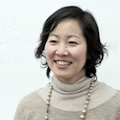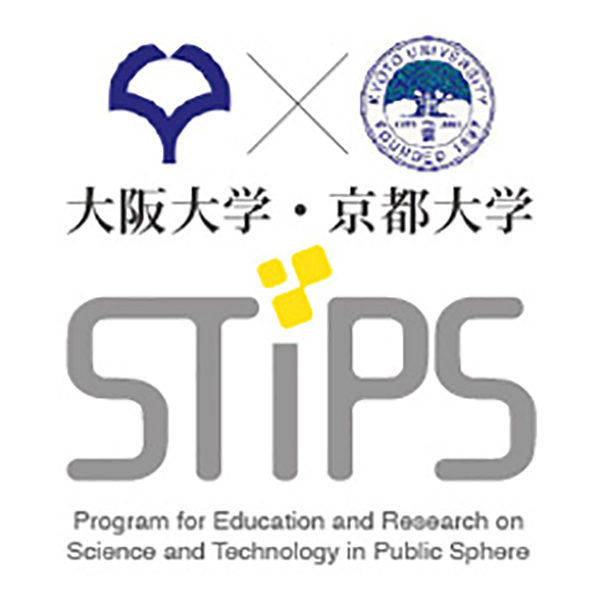Open Dialogue on Nuclear Issues Interview
Creating Places to Discuss Nuclear Issues
For the past ten years, I worked as a facilitator who created spaces in which both nuclear power experts with differing opinions and non-experts could engage in dialogue. At the time, there were few forums in which anti- and pro-nuclear energy opinions could be fairly heard. As this was prior to the Great East Japan Earthquake, the situation is currently different.To decide whether to continue using nuclear power and how to select Japan’s energy sources, both experts and individual citizens must closely examine their personal opinions and make a choice. In doing so, there is no “right answer.” Therefore, it is important for citizens to experience situations in which experts with differing opinions engage in dialogue, as it would enable them to make informed decisions. It is also important for these events to be fairly facilitated.
Therefore, I consulted with the anti-nuclear power expert Hiroaki Koide of Kyoto University. He said, “If it is operated fairly, it will be meaningful. I will participate regardless of where it happens.” I thus began working to hold the Open Forum on Nuclear Power.
Not the Best, but Better
There is no correct, neutral way to have a discussion about nuclear power. With regard to the agenda, the experts invited, the facilitator, and his or her approach, there are various opinions as to what is “neutral.”Therefore, to maintain neutrality, we set the goal as “not the best, but better.” We tried to maintain fairness by establishing all the rules with the approval of both the nuclear power opponent, Mr. Koide, and proponent, Mr. Tochiyama Osamu.
Instead of having the hosts determine the dialogue approach, we developed the rules with both parties’ confirmation and agreement, causing the preparations to take a considerable amount of time. However, as a result of our efforts, our questionnaire indicated that the majority of both sides in the 60% pro- and 40% anti-nuclear power audience considered the forum to be fair.
Great East Japan Earthquake: What Has Changed
Since the Great East Japan Earthquake, the situation in society surrounding nuclear power has been considerably changing. Although a framework similar to the existing model is necessary, it must not be the same. At the open dialogue forum, we did not attempt to quickly settle the ultra-long-term problems surrounding high-level radioactive waste. As a starting point, we offered information to allow each individual to make a decision, and we shared the discussion points with as many people as possible. The purpose was to postpone decisions until after a thorough discussion.Currently, though, decisions must be made on different levels—those relating to immediate, pressing issues such as those surrounding the decontamination of Fukushima and the restarting of nuclear facilities as well as those concerning how sources of energy should be chosen in the long term.
For the former, speedy policy decisions are more desirable than a robust debate. In such circumstances, I believe that it is first necessary to rethink which issues relating to nuclear power can be adequately and carefully discussed by the nation.
 |
● Ekou Yagi, Associate Professor Osaka University Center for the Study of Communication Design |
2014年02月28日公開 | Interview





